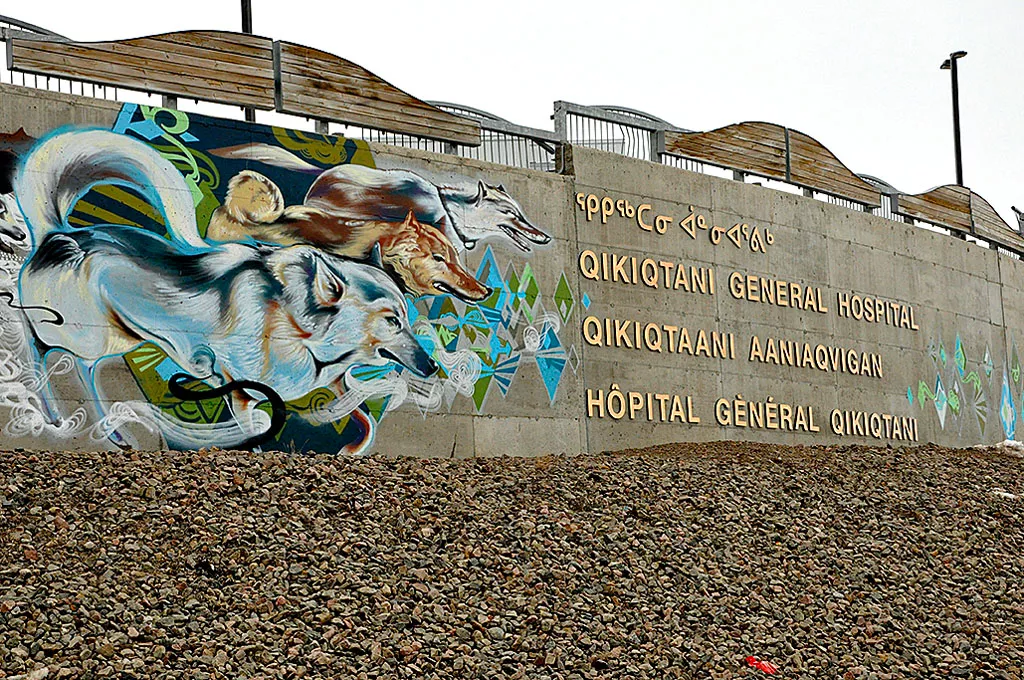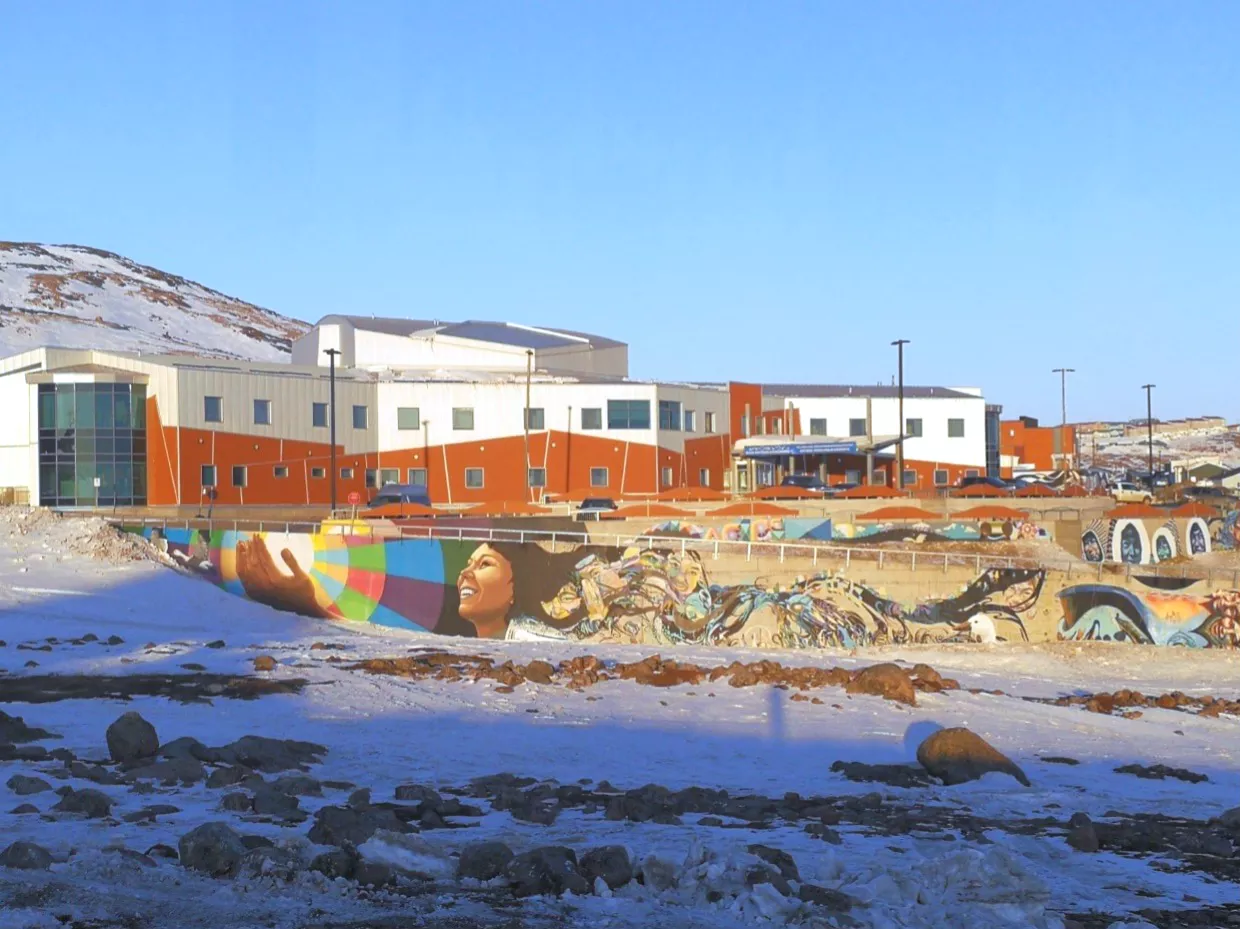Hologic Canada team completes northern-most installation of our surgical components at Qikiqtani General Hospital on Baffin Island

Pictured from left to right: Malin Epong (RN), Marianne Dubeau (RN), Marilyn LeShane (RN), Ashish Jose (RN), Dr. Kaitlin Carson and Territory Manager Mike Enns
How far did you travel for your last medical appointment? For the average Canadian citizen – a country with a population that largely resides in the areas surrounding a handful of urban centers – the answer to that question is about 6 kilometers, hardly a 10-minute drive. That is a stark contrast to those who live on Baffin Island, an area in the northern Canadian territory of Nunavut that lies within the Arctic Circle. For any medical care that can’t be provided at Qikiqtani General Hospital in the capital city of Iqaluit, the only option is a nearly 1,300-mile journey to Ottawa – about the same distance between New York City and Dallas, Texas. This was the reality faced by women in the region seeking treatment for gynecological conditions until recently, when a team from Hologic helped change that.
Qikiqtani General Hospital in Iqaluit was recently equipped with several of our leading surgical products including NovaSure, MyoSure, Fluent and the Omni Hysteroscope. The effort represented the northern-most installation of GSS equipment in the world. This was spearheaded by Winnipeg-based Hologic Canada GSS Territory Manager Mike Enns, who worked with the Canadian federal government, the hospital and its surgeons to facilitate this important step forward for women’s health.

Due to how far north Iqaluit is situated, the logistics of actually delivering the equipment presented a unique challenge. The polar ice caps only melt enough for Iqaluit Harbor to be accessible for cargo shipments for just two months out of the year, meaning the surgical systems and equipment shipment had to be delivered via air cargo – the same way most other essential goods are brought into the area.
Dr. Kaitlyn Carson, founder of the obstetrician-gynecologist program in Iqaluit, led staff training and two full days of surgery following delivery of the systems and equipment. Cases will be performed on a regular basis going forward, with an eventual goal to begin performing clinic ambulatory cases in the future once the operating room caseload at the hospital has been fully established.

Quote from Mike Enns
“This community is so remote and has a largely indigenous population, so they unfortunately don’t get a lot of healthcare investment,” said Enns. “If the locals can’t get treatment in their own city and face the prospect of traveling a long way and staying in hotels for necessary care, they usually don’t end up getting treatment at all. Getting this equipment in the local hospital makes a huge difference. We’ll be able to help many women with fibroids and abnormal uterine bleeding who would have likely otherwise gone without having these debilitating conditions addressed.”
In the most recent edition of the Hologic Global Women’s Health Index, it was noted for Canada that there is room for improvement for access to care. This initiative to work with the territory government and bring life-changing treatment to underserved communities will serve as a step forward to greatly improving women’s health in the region.


